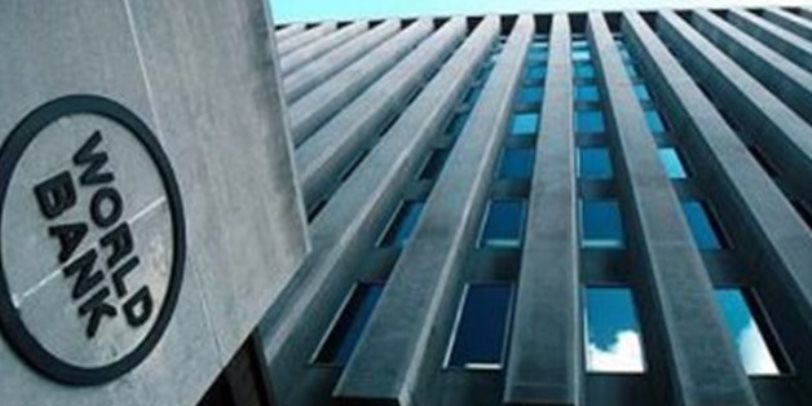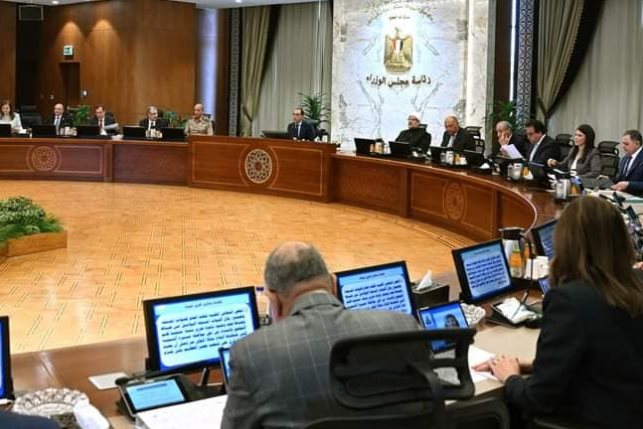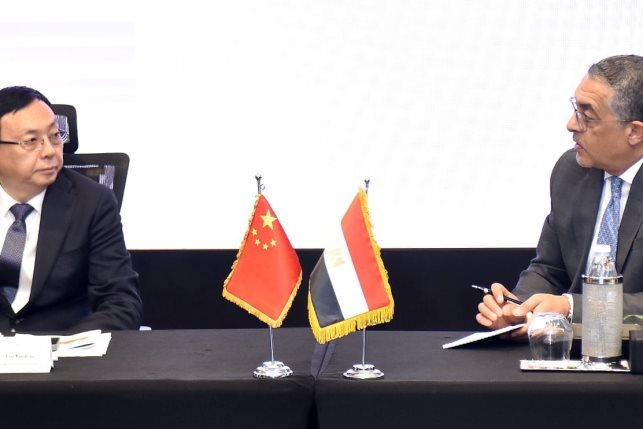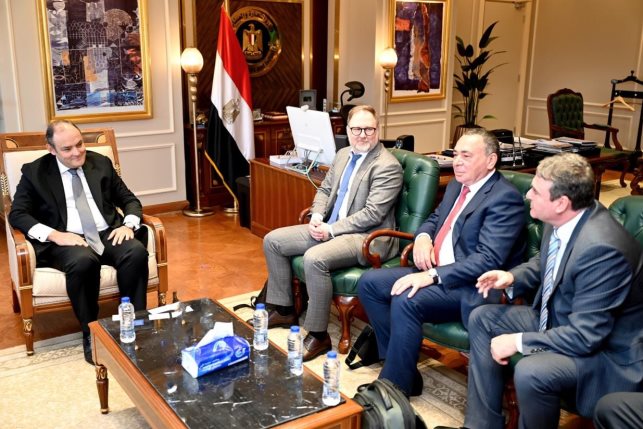WB approves $360M loan towards Egypt’s new sustainable recovery program & reforms
The loan was approved under the new “Egypt Inclusive Growth for Sustainable Recovery” program, launched to support the country’s 2nd phase of economic and structural reforms

Aiming to support Egypt’s post-pandemic recovery and its 2nd wave of economic reforms, the World Bank’s Board of Executive Directors has approved a $360 million Development Policy Financing (DPF) loan to improve its prospects for sustainable and inclusive growth.
The loan was approved under the new “Egypt Inclusive Growth for Sustainable Recovery” program, which the World Bank recently launched to support the country’s 2nd phase of economic and structural reforms through job creation and providing an inclusive enabling environment for the private sector to lay the basis for a sustainable recovery.
In a statement, Minister of International Cooperation Dr.Rania Al Mashat noted that the structural reform policies were central to Egypt’s efforts towards a more sustainable and resilient economic recovery that enables the economy to withstand future shocks, acknowledging that the program will support the government’s efforts towards maintaining reform momentum.
Related > MoICMin chairs final round of discussions with EBRD on new country strategy
“One of the key objectives of this operation is making Egypt’s growth more inclusive and more resilient to future shocks, by addressing long term structural challenges and recognizing the pivotal role of women in the country’s economic growth,” said Marina Wes, the WB’s country director for Egypt, Yemen, and Djibouti.
The World Bank recently raised its expectations for Egypt’s real GDP growth for FY 2021/2022, forecasting a 5% increase, up from their April update of 4.5%.
The Egypt Inclusive Growth for Sustainable Recovery program will strategically address some of the long-term structural issues impacting growth through its focus on three thematic pillars: enhancing macro-fiscal sustainability, enabling private sector development, and fostering women’s economic inclusion.
The Enhancing Macro-Fiscal Sustainability pillar will focus on supporting the improvement of State-Owned Enterprises’ management through enhanced transparency and reporting. It will do this through the introduction of regular publishing of a wider range of domestic and external debt data, and promoting a greener and more sustainable economic recovery through the issuance of green bonds.
The 2nd pillar, Enabling Private Sector Development, builds upon Egypt’s first wave of reforms and supports digital and financial inclusion, the streamlining and automation of trade facilitation, and a modernization of bankruptcy processes that aims to enhance Egypt’s competitiveness and private sector job creation.
It will also target strengthening the regulatory framework for private sector participation in waste management, which provides a basis for greener and more inclusive development in the sector.
Lastly, the 3rd pillar on Fostering Women Economic Inclusion will center on legislative and regulatory reforms that promote female participation in the workforce, supporting efforts to address gender-based violence. Additionally, it includes steps to remove restrictions and limitations on female participation in various sectors, and the adaptation of a national code of conduct that promotes safe and decent transportation for women within railways and stations.
Interested in learning more of Egypt’s multilateral relationships? Catch all Ministry of International Cooperation related news Here
The World Bank said that Egypt’s first wave of macro-economic reforms stabilized the economy and allowed the country to enter the global COVID-19 crisis with greater resilience and improved fiscal and external accounts, adding that Egypt has remained one of the few countries that have maintained positive growth during the ongoing COVID-19 crisis.
Egypt’s first wave of reforms was also backed by a three-year-IMF program with a total loan of $12 billion, which ended in July 2019.





